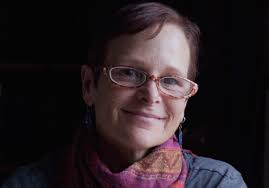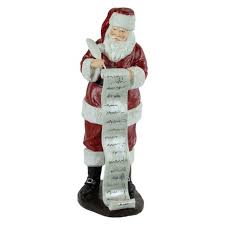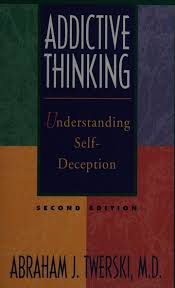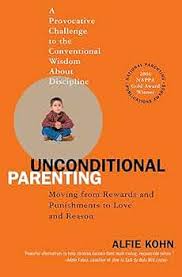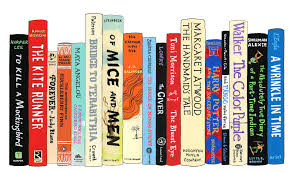“I wasn’t sure what book you might prefer so I picked a book I was certain I had enjoyed” suggested my high school English teacher who has been blessed with the exquisite task of describing an enticing read to the 11th graders. For younger participants of this blog, I hasten to explain that there was a time in our country’s exceptional history when educators routinely recommended that their charges consider reading. In the 1970s, teachers didn’t have to worry about risking their livelihoods and their lives by suggesting a volume not on the Pablum List.
Or as Diana Wagman deliciously explained in the LA Times recently:
“I read my granddaughter one of the most banned picture books of all time, “And Tango Makes Three,” the true story of two male penguins at the Central Park Zoo who hatched an abandoned egg and together raised the new chick. No matter how many times I read it to her, it won’t make her gay any more than it will turn her into a penguin.”
(Full disclosure: I adore both Diana and her books, our now-grown daughters used to share the “girls tent” with a half dozen other eight-year-old campers, and Diana stayed at my house when she was on a nationwide book tour.)
All of which is merely prelude to my joyously sharing my favorite books on parenting. I can’t imagine any of the following are on somebody’s naughty list. On the other hand I have trouble envisioning who wants to prohibit my students from reading The Catcher in the Rye (too much profanity?); The Grapes of Wrath (too much poverty?); and The King James Bible (too much violence?) I also commend to your attention Tim O’Brien’s The Things They Carried and Harper Lee’s To Kill a Mockingbird. Although of course, I understand that you would want to wait until your kids were emotionally mature enough for these sophisticated reads just as you perceived the appropriate ages to introduce mashed peas rather than fried chicken.
What’s next on this otherworldly hit list? Winnie the Pooh because he’s a tad rotund and doesn’t wear pants? In a world that has moved beyond parody, I can only imagine the objections: No fat shaming! No talking bears! No books that children might love!
I’m eager to hear your recommendations. (Indeed, it could be argued that I chose my profession so that I would have an excuse to read young adult fiction.) Here are some of my faves. Maybe non-fiction is more likely to survive the loonies.
To be reminded of how special and wonderful your family is, Mary Piper’s In the Shelter of Each Other has one of my favorite phrases. On a family camping trip, the author’s daughter sitting contentedly by the fire looking up at the stars remarks that she is “sinking into loveliness.”
Gordon Neufeld’s and Gabor Mate’s Hold Onto Yaour Kids remind me of the dangers of popular culture and why parents must remain the most important influence in the lives of our beloved children.
Joseph A. Califano, Jr.’s How to Raise a Drug-Free Kid and Addictive Thinking by the late Abraham Twerski, M. D., should things not turn out exactly as you had anticipated, are gentle guides. Insight into addiction as a disease—a controversial idea but the one that resonates most soundly with me thus far—can be found in Beth Macy’s Dopesick and Judith Grisel’s Never Enough.
Should even more sophisticated help be required, my friend Lucy Pritzker’s Crisis Interrupted is a sensitive overview of levels of care. Alfie Kohn’s Unconditional Parenting dispels insipid advice about how to raise healthy kids. (More disclosure: Alfie and I are buddies since high school.)
Admittedly, the above titles contain references to actual children doing actual childlike things—going to the bathroom, going on dates; worrying about pimples, worrying about pregnancy; dealing with bullies, dealing with sexuality. Loving parents had better get a handle on everything that their child is. The alternative—believing that your child could never be confused, unhappy, gay, depressed, or human—makes as much sense as forbidding your child to read age-appropriate books.
